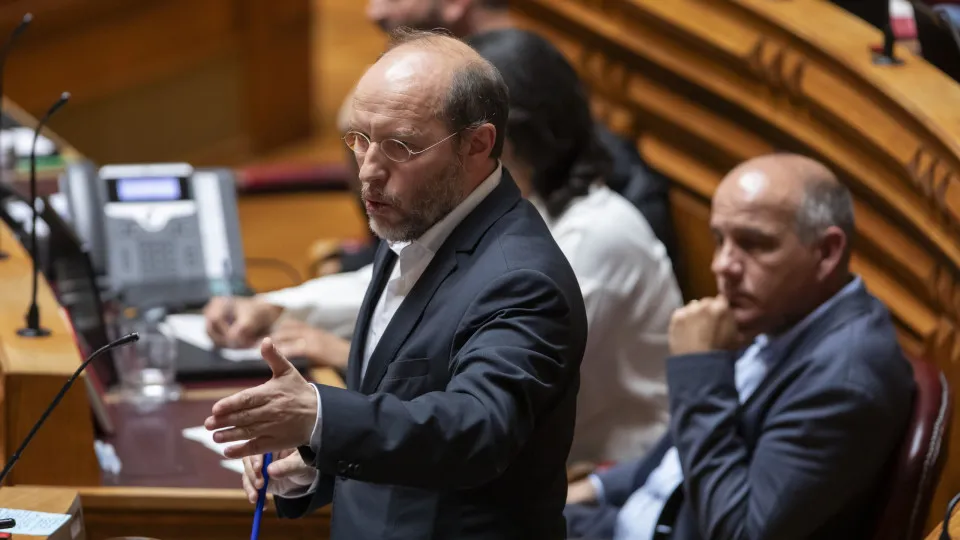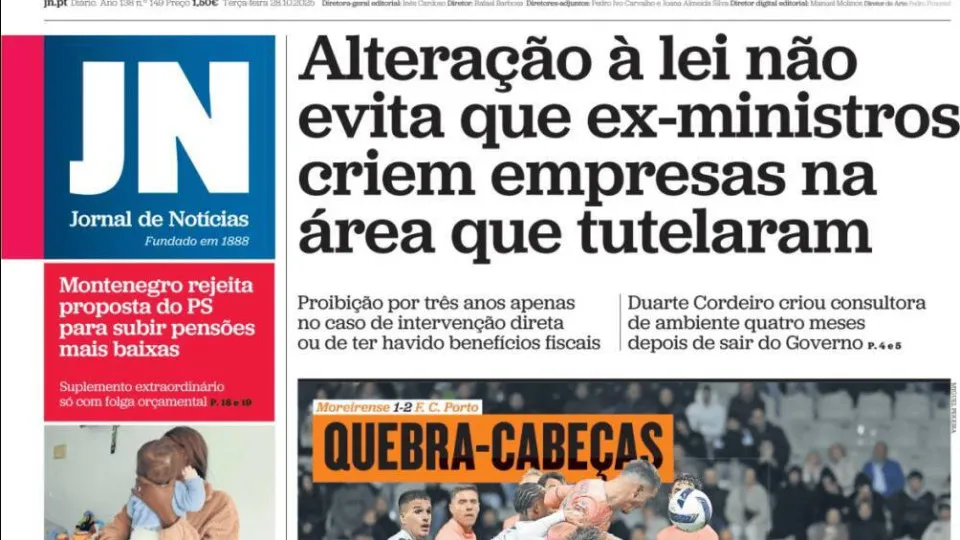
During a conference on the fiscal proposals of the State Budget for 2026 (OE2026), held today in Lisbon at the CCB by the law firm RFF Lawyers, the former president of the PSD stated that “a budget deficit is not, in itself, immediately negative” and that, instead, what is “truly negative” for an economy is “the way in which that deficit is achieved, regardless of its size.”
Manuela Ferreira Leite emphasized that she does not support a return to budget deficits, but stressed that pursuing certain budgetary goals can have consequences, characterizing the current budgetary moment as one of “possible construction” after a decade of retreat in public investment.
“I am truly against the way in which that budget deficit is achieved. There are budget deficits that, in economic terms, are welcome, are virtuous. There are some virtues in budget deficits, as long as they are, evidently, truly balanced. A budget deficit is not, in itself, immediately negative,” she highlighted.
Ferreira Leite underscored that she has always opposed a reduction of the deficit without measuring the consequences of cuts in public investment, particularly in the “abandonment of a certain type of functions” of the State.
According to the former Minister of Finance of Durão Barroso (2002-2004), the suspension of “absolutely essential” investment has negative consequences “on the functioning of an economy, especially in the provision of social services.”
Ferreira Leite drew a parallel with the situation of an indebted family, comparing this public accounts management strategy to the effort made by parents to pay off a debt if it involves poor nourishment of the children to the point of leaving them in a negative physical and psychological state.
“If I had done it at the expense of additional work that gave me higher income and, at the same time, had decided to cut expenses affecting, notably, my children’s level of nutrition, indeed, I solved a problem, but left my children in a very bad state, not only physically but also intellectually,” she compared.
If she did, she said, she would be pursuing “a certain type of goal whose means used have worse consequences” than those that would result if the deficit were “reduced more gradually.”
The economist argued that the reduction of the deficit since the intervention of the ‘troika’ should have been done “in a much more balanced way.”
While it was possible to reduce the deficit (and move to a surplus), there were, on the other hand, consequences for “social support sectors,” such as education and health, she emphasized. “Destruction is easy, reconstruction is more difficult,” she said.
Asked by Lusa at the end of her intervention if, with this position, she advocates that this would be the time for Portugal to have a deficit, even a reduced one, instead of a surplus, and thus invest in these areas, the former PSD president clarified that she does not.
“I am saying that a controlled deficit is not ‘blindly.’ It is not to say: ‘Investment is over,'” she responded, arguing that cutting investment “at any cost is not worth it,” because if so, the reduction of the deficit “is not real.”
At this moment, “there is possible construction, but not the necessary one to correspond to ten years of destruction,” she concluded.
In the OE2026 proposal, which begins general discussion today, the Government anticipates a surplus of 0.1% of GDP in 2026.
In analyzing the initiative, the Council of Public Finances (CFP) notes that “the forecast of a positive budgetary balance in 2026 is in part supported by temporary revenue, which may not be repeated in subsequent years, contrary to the permanent nature of expenses.”




